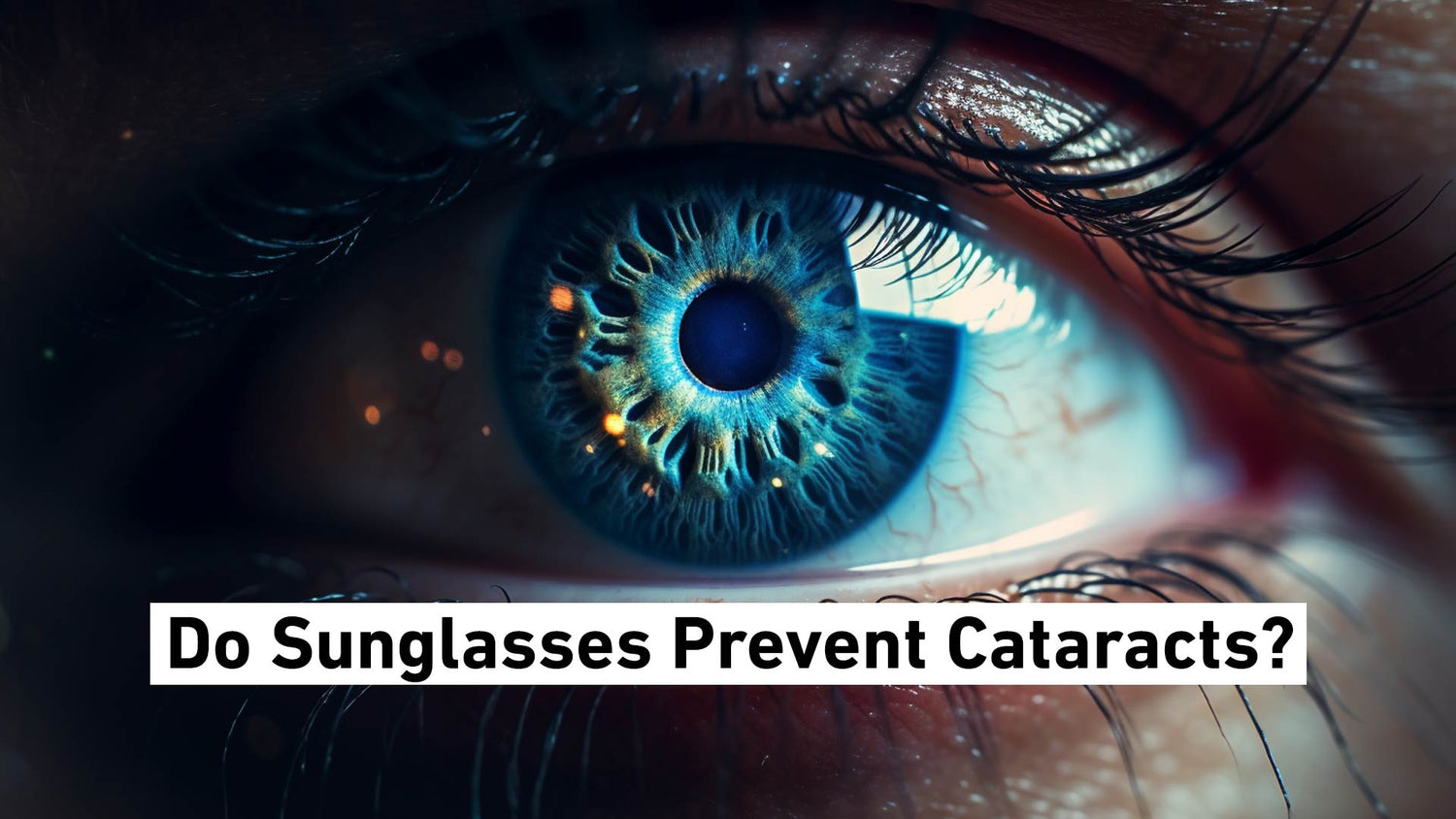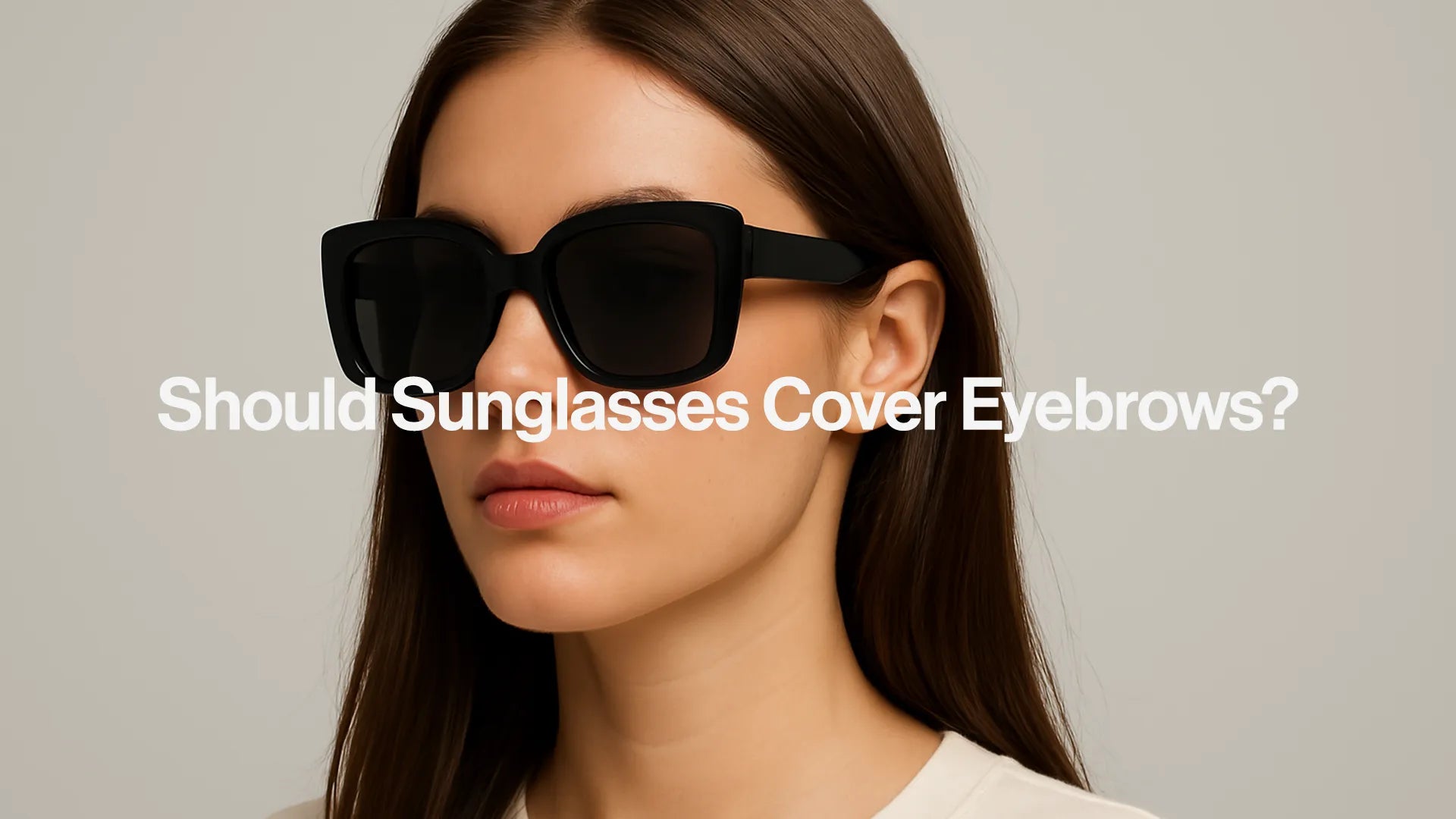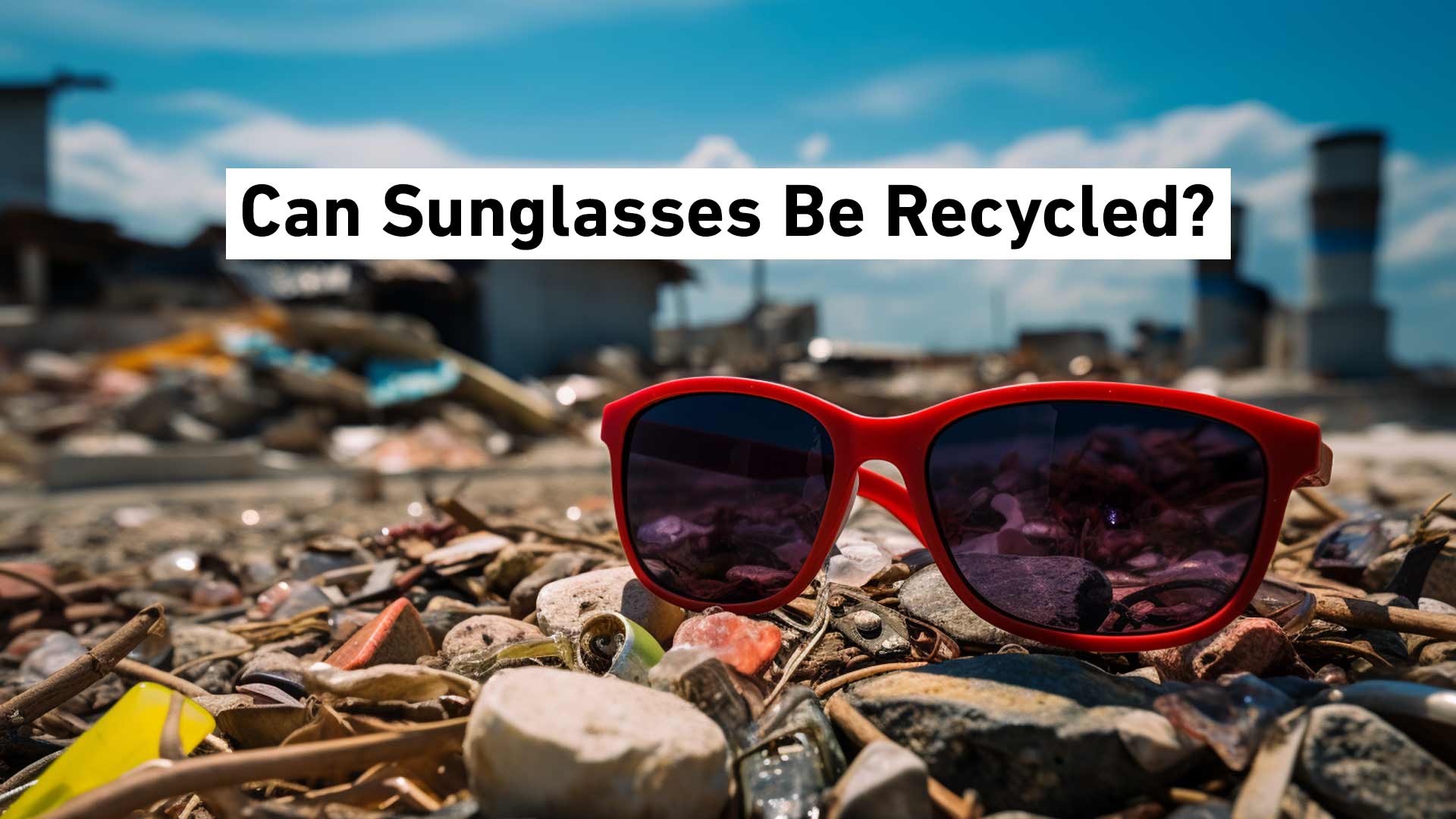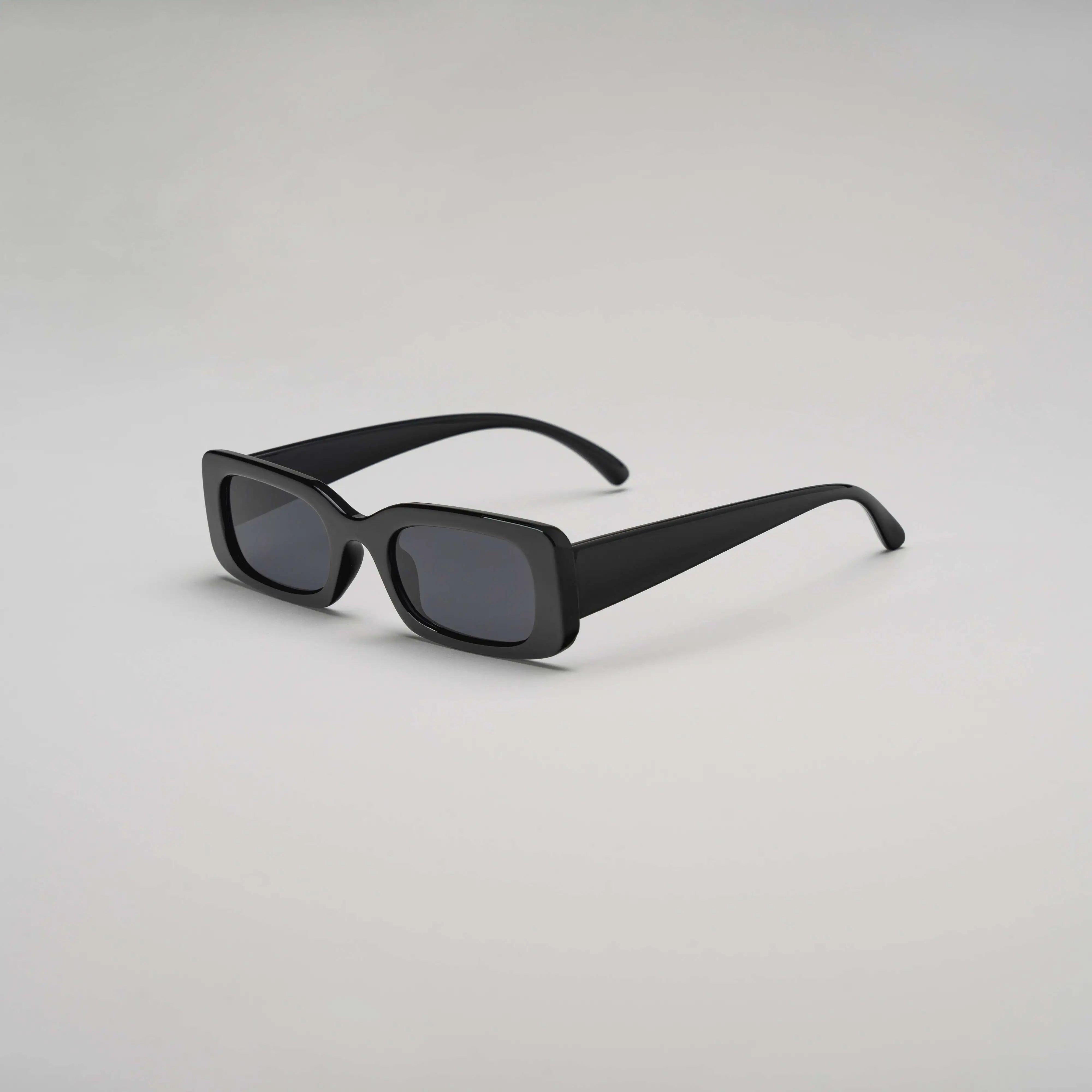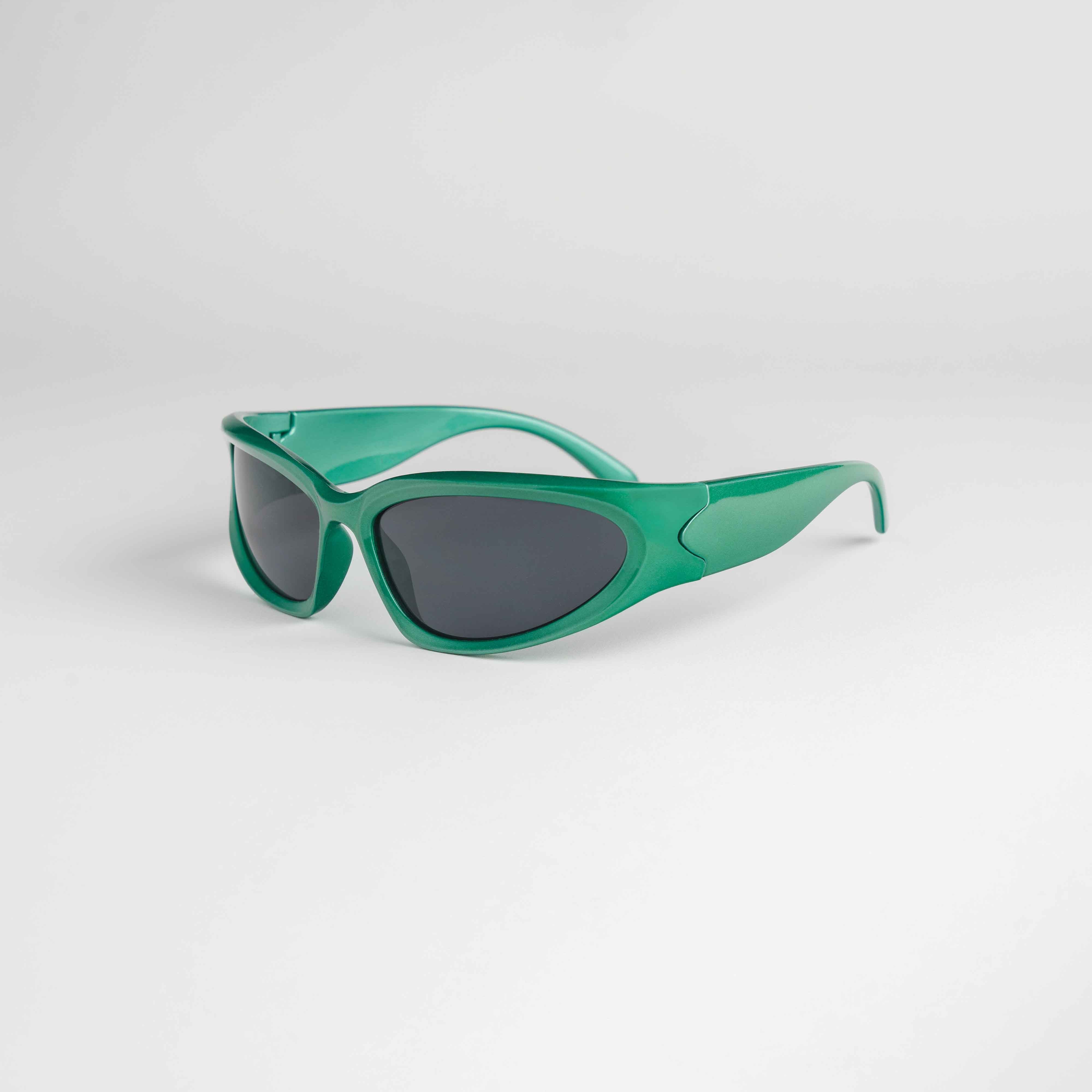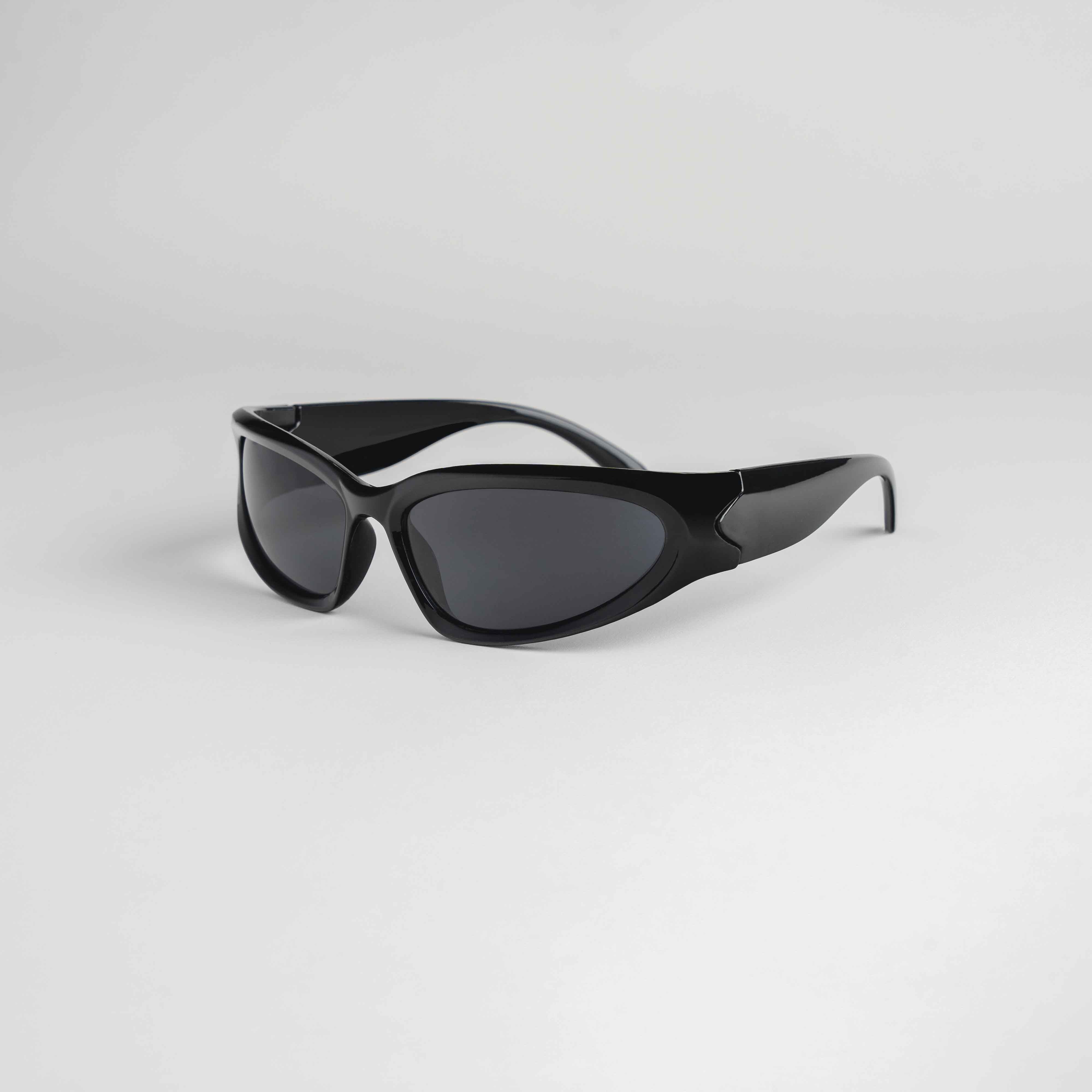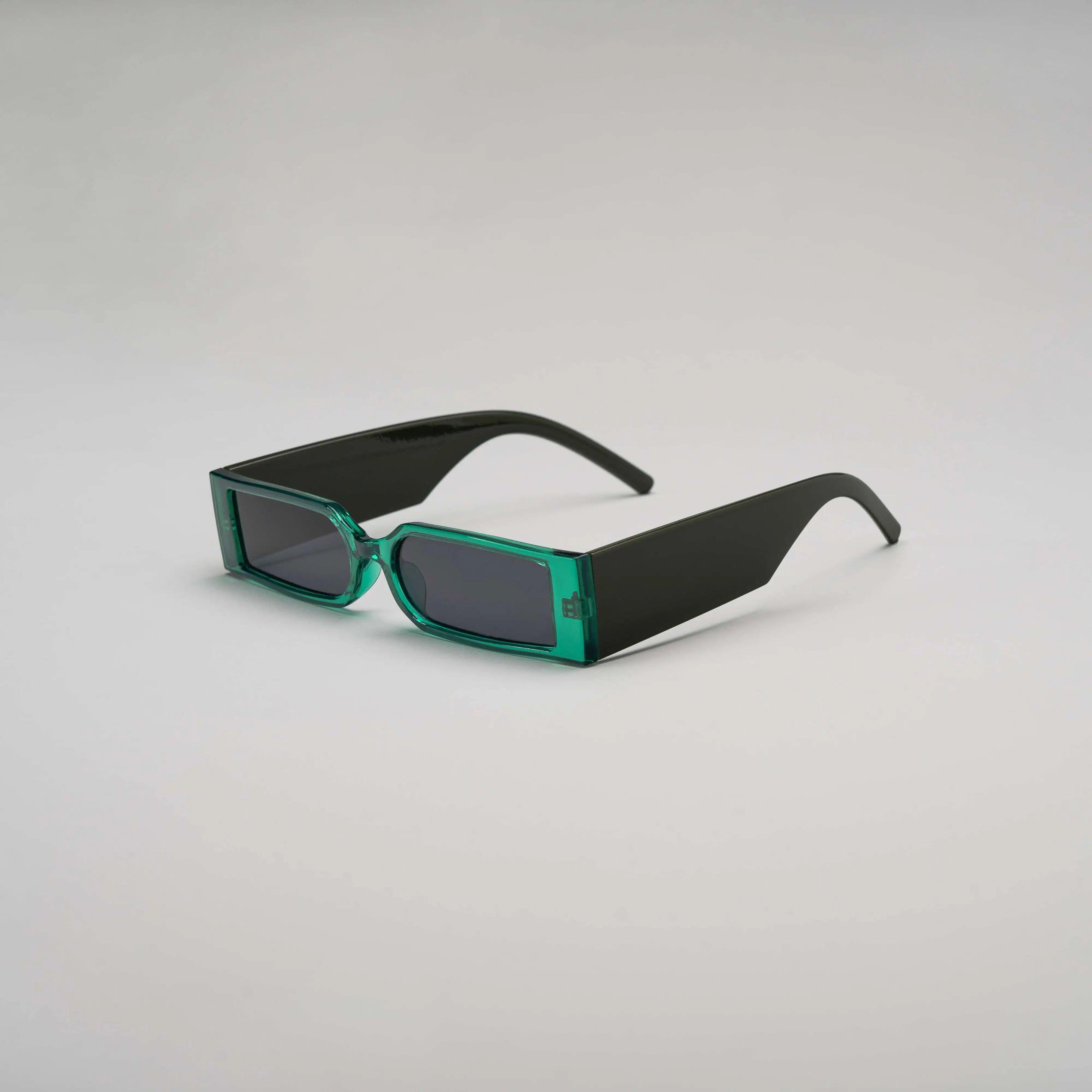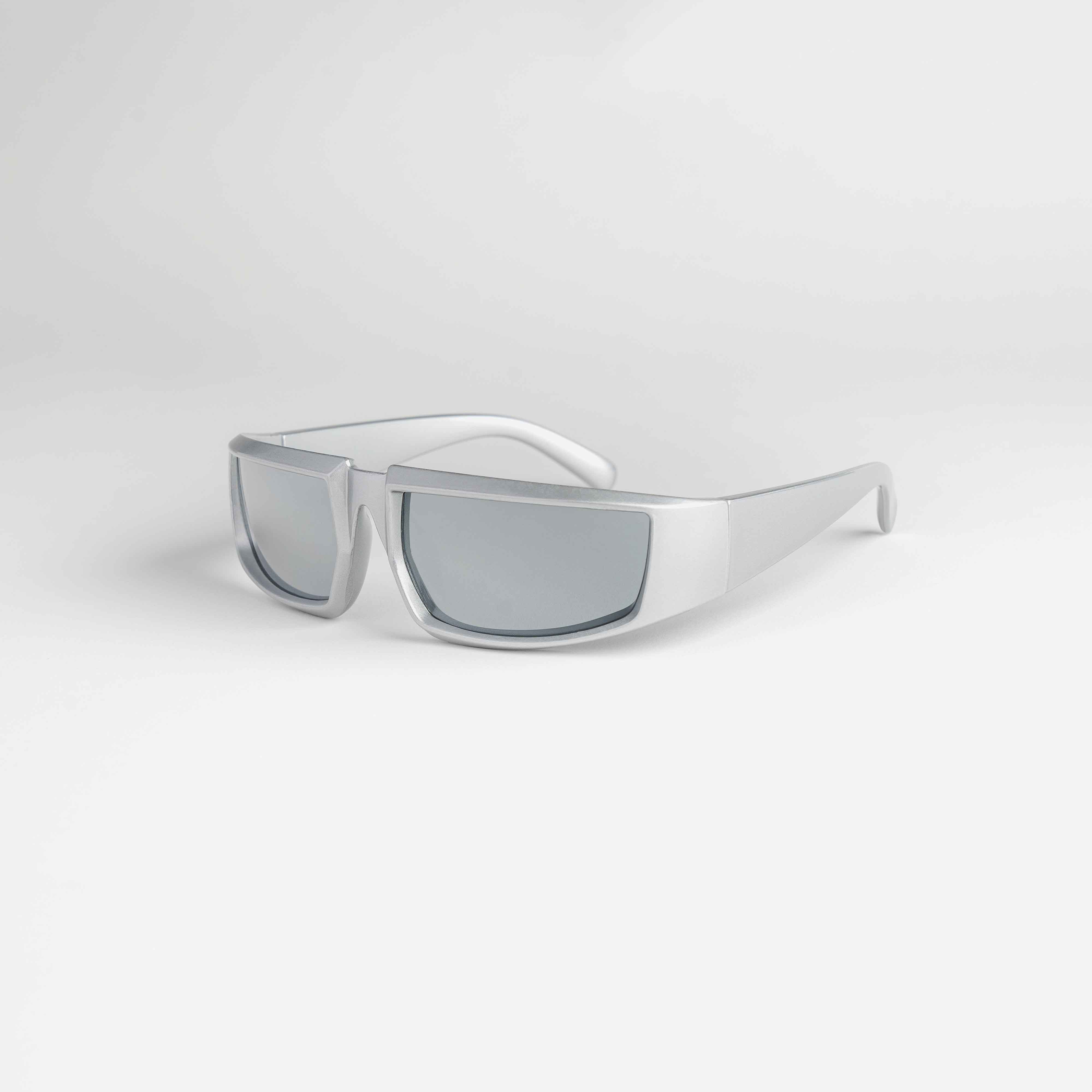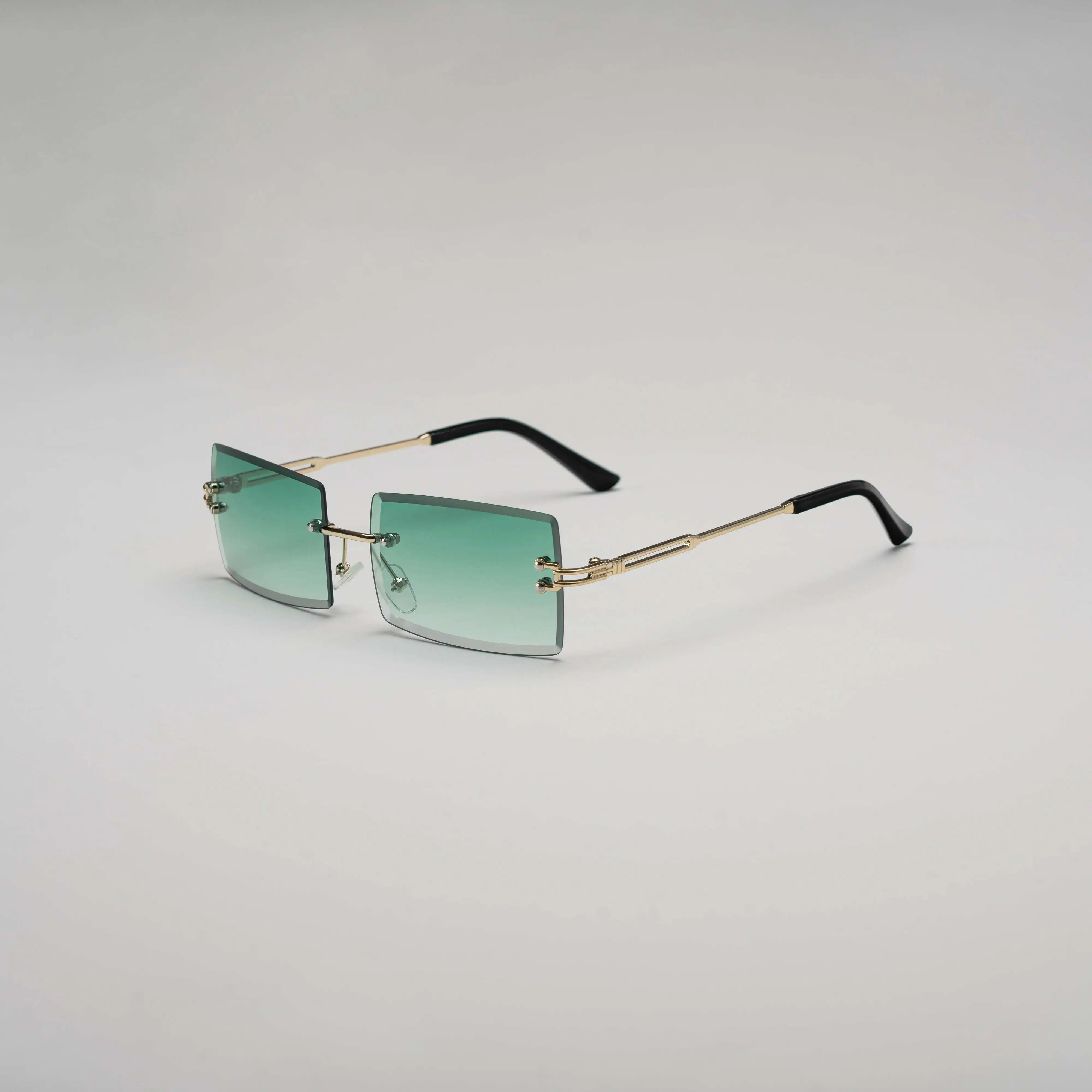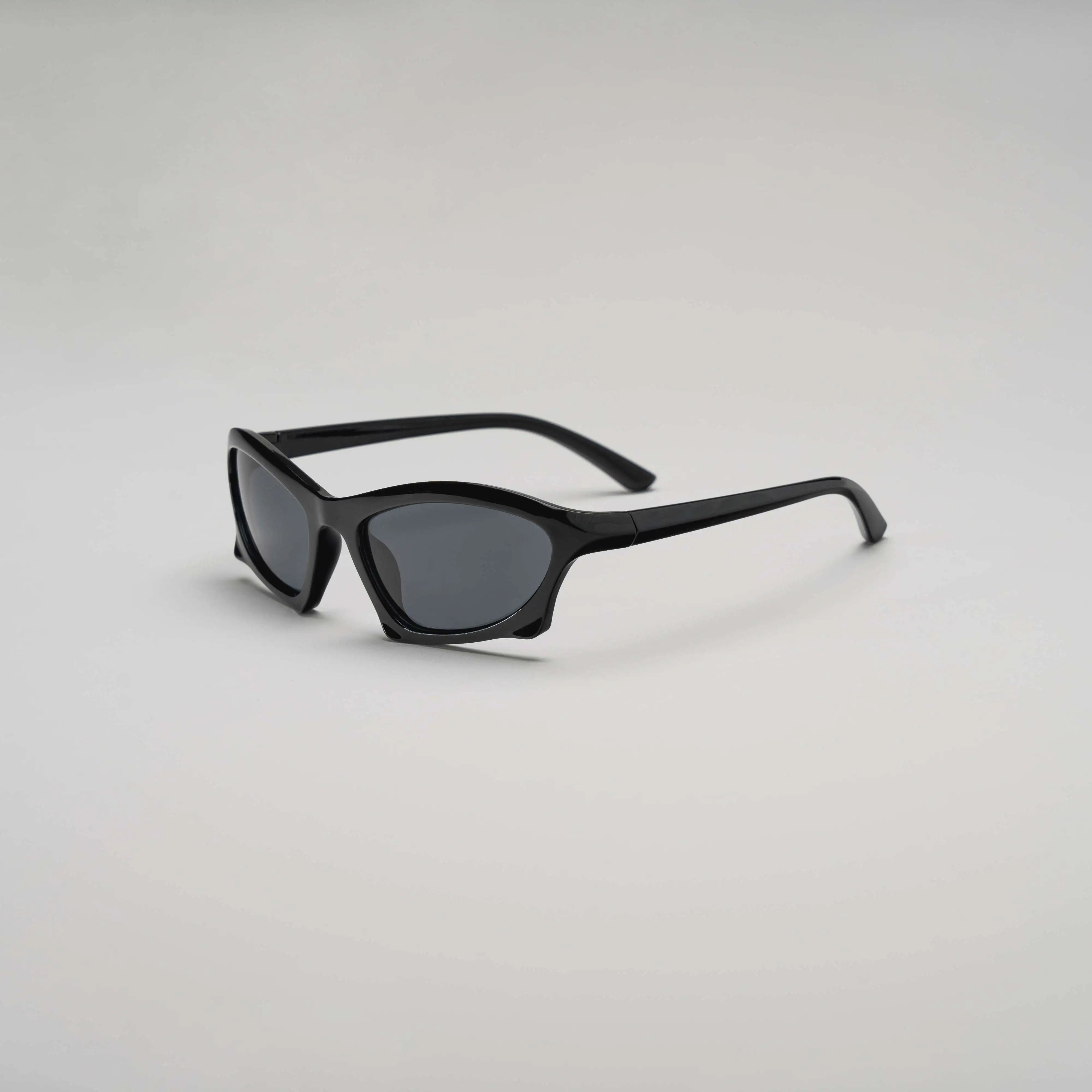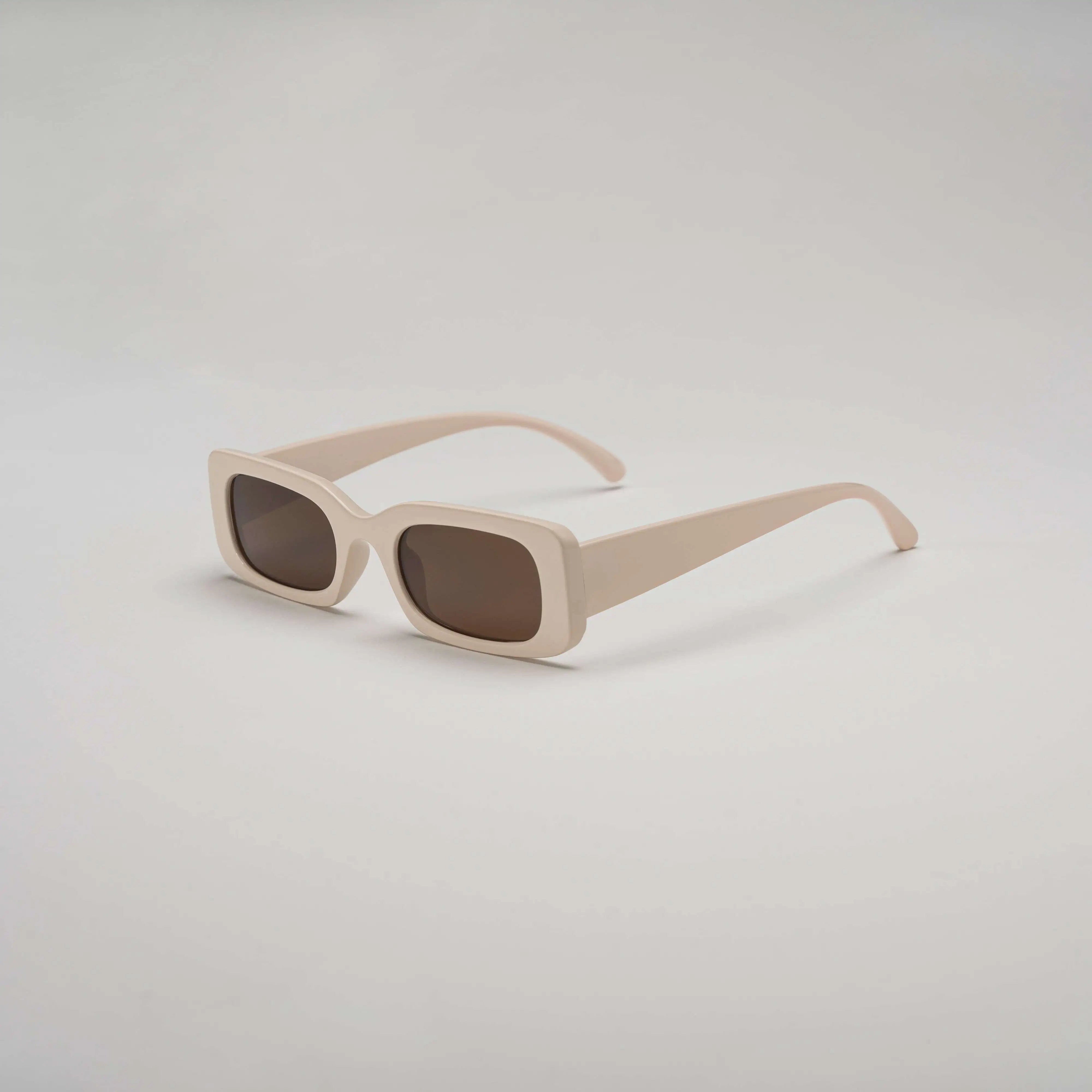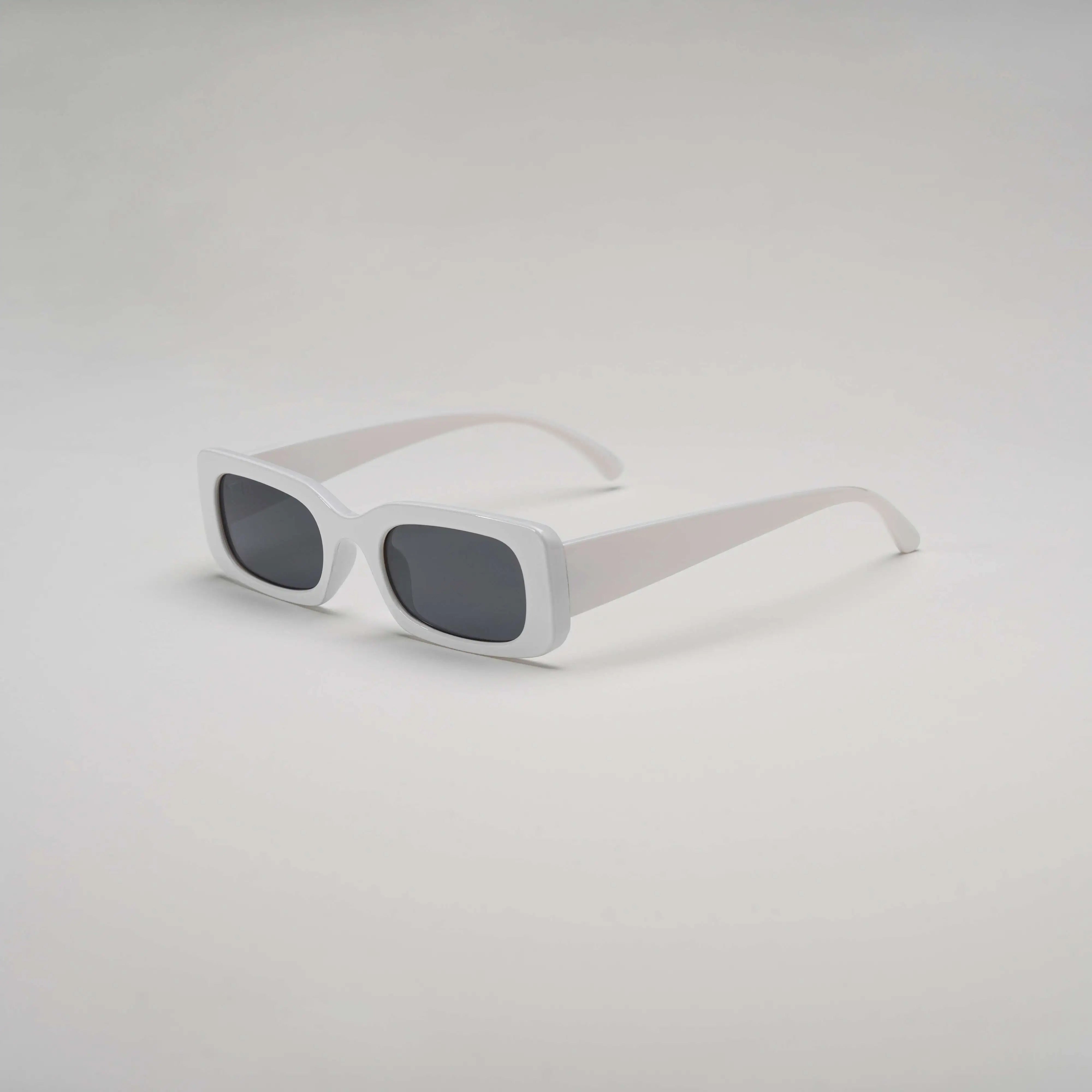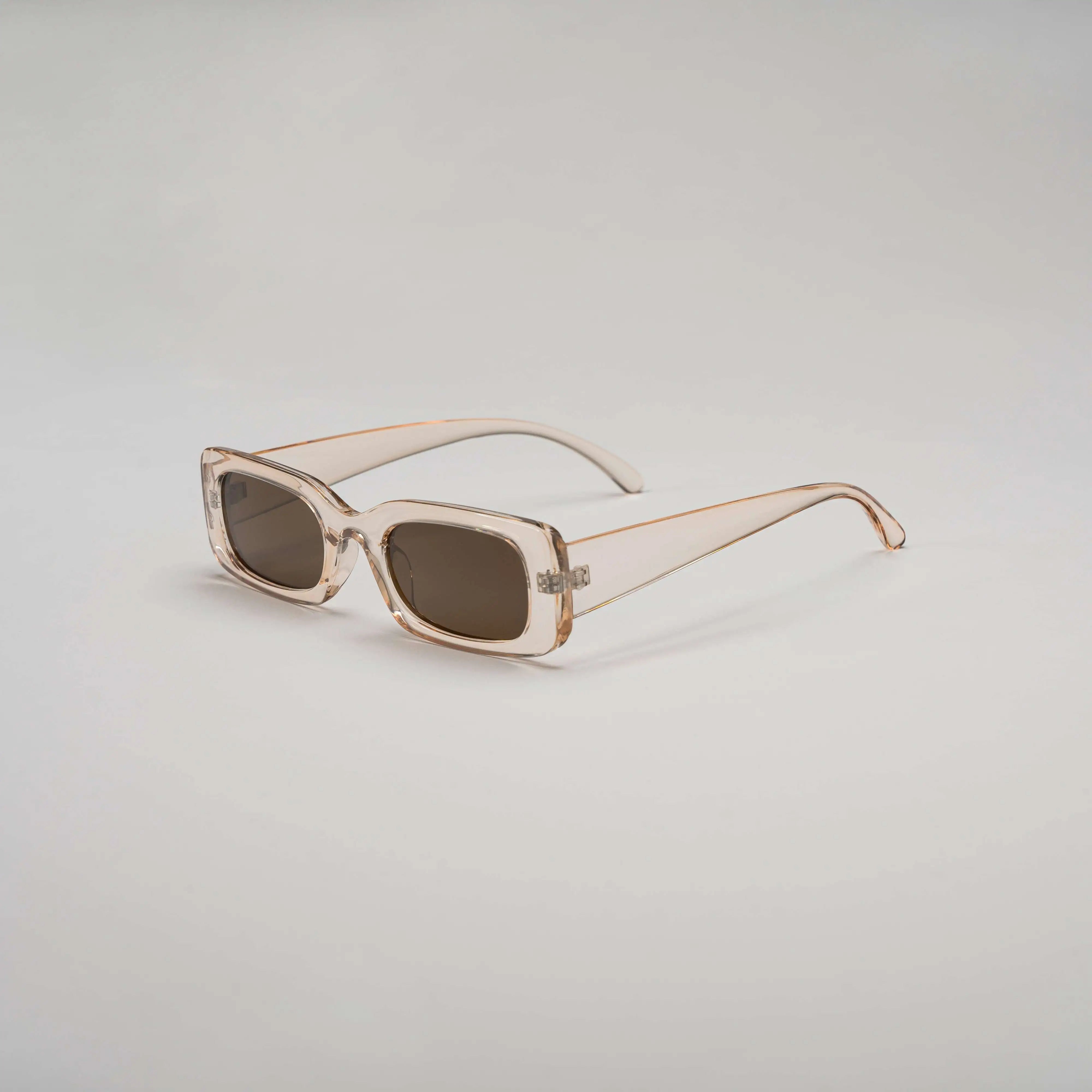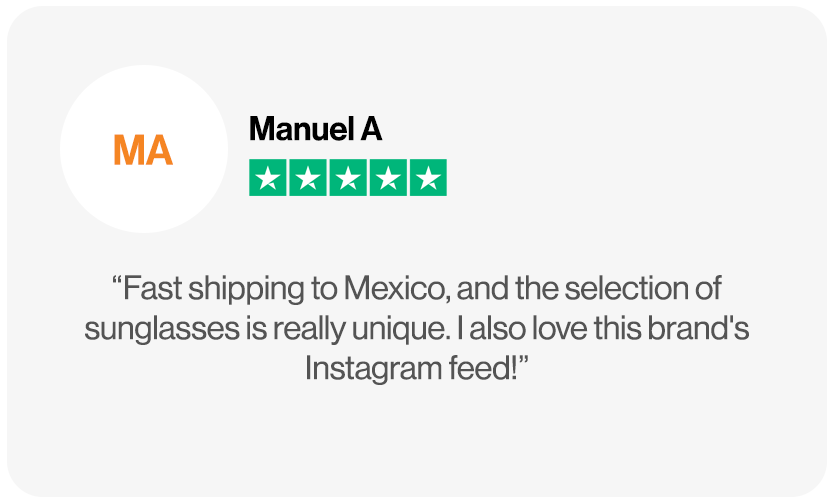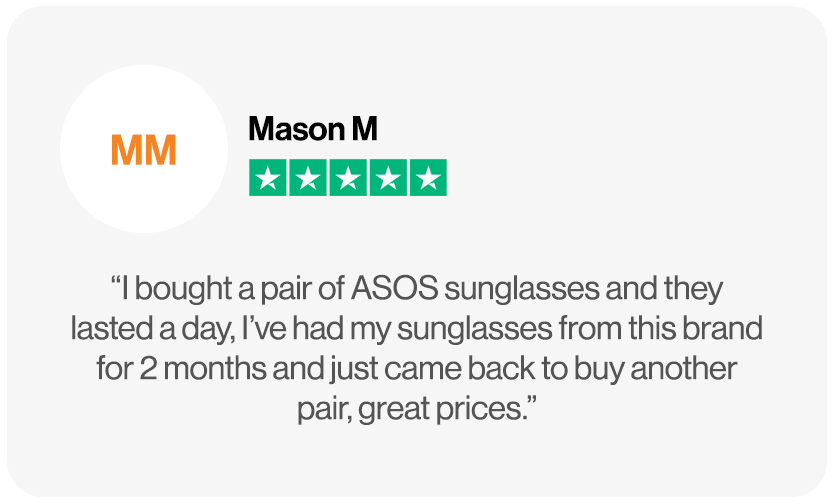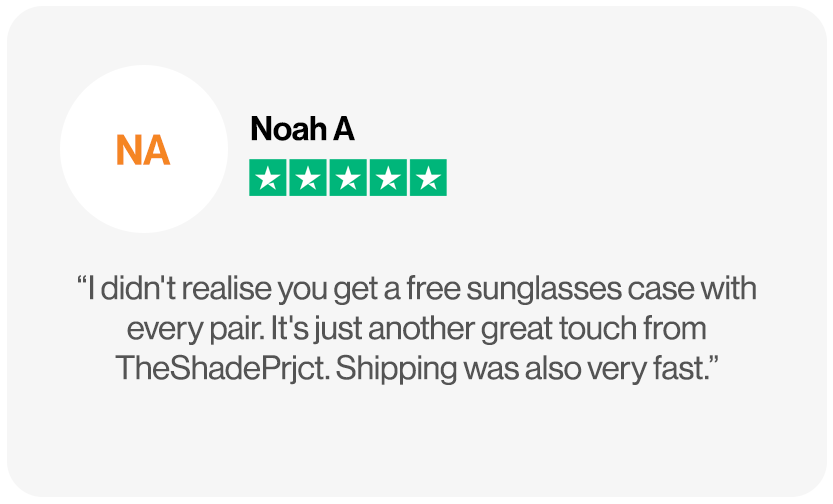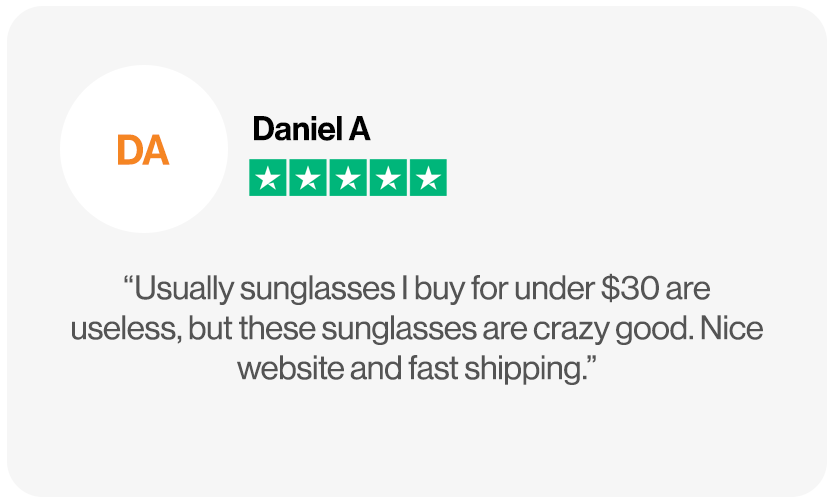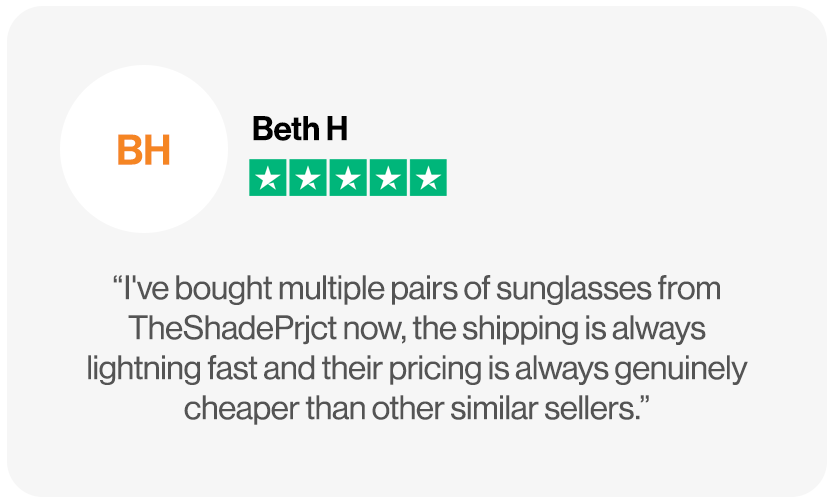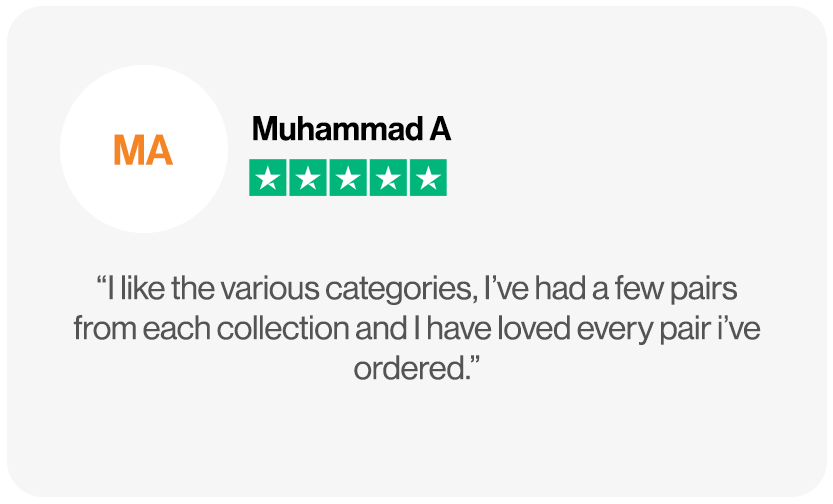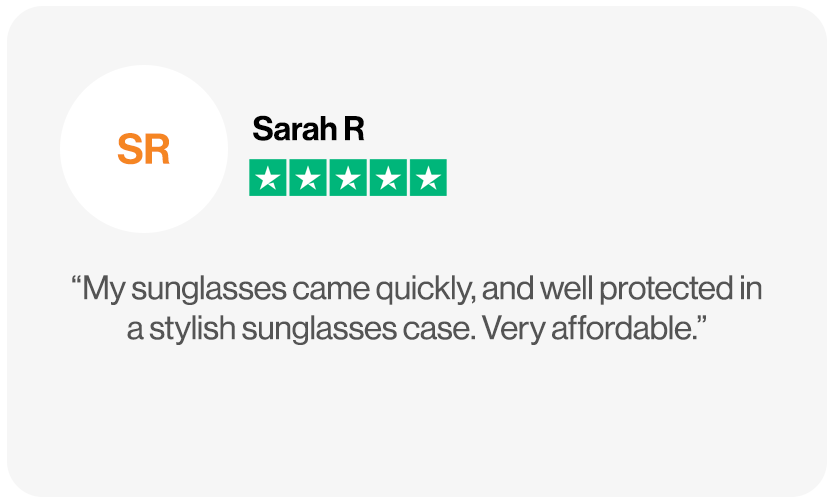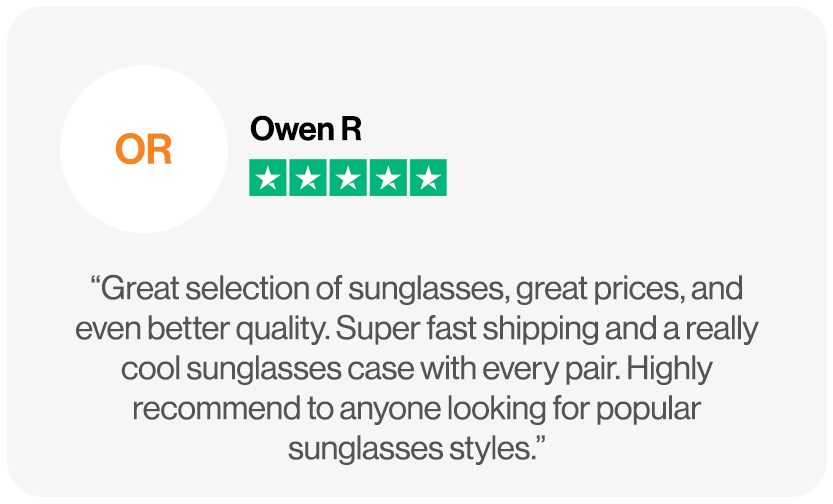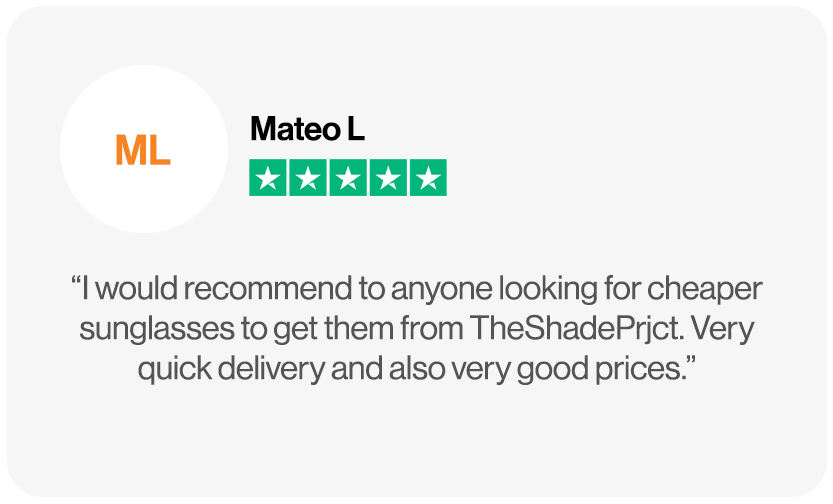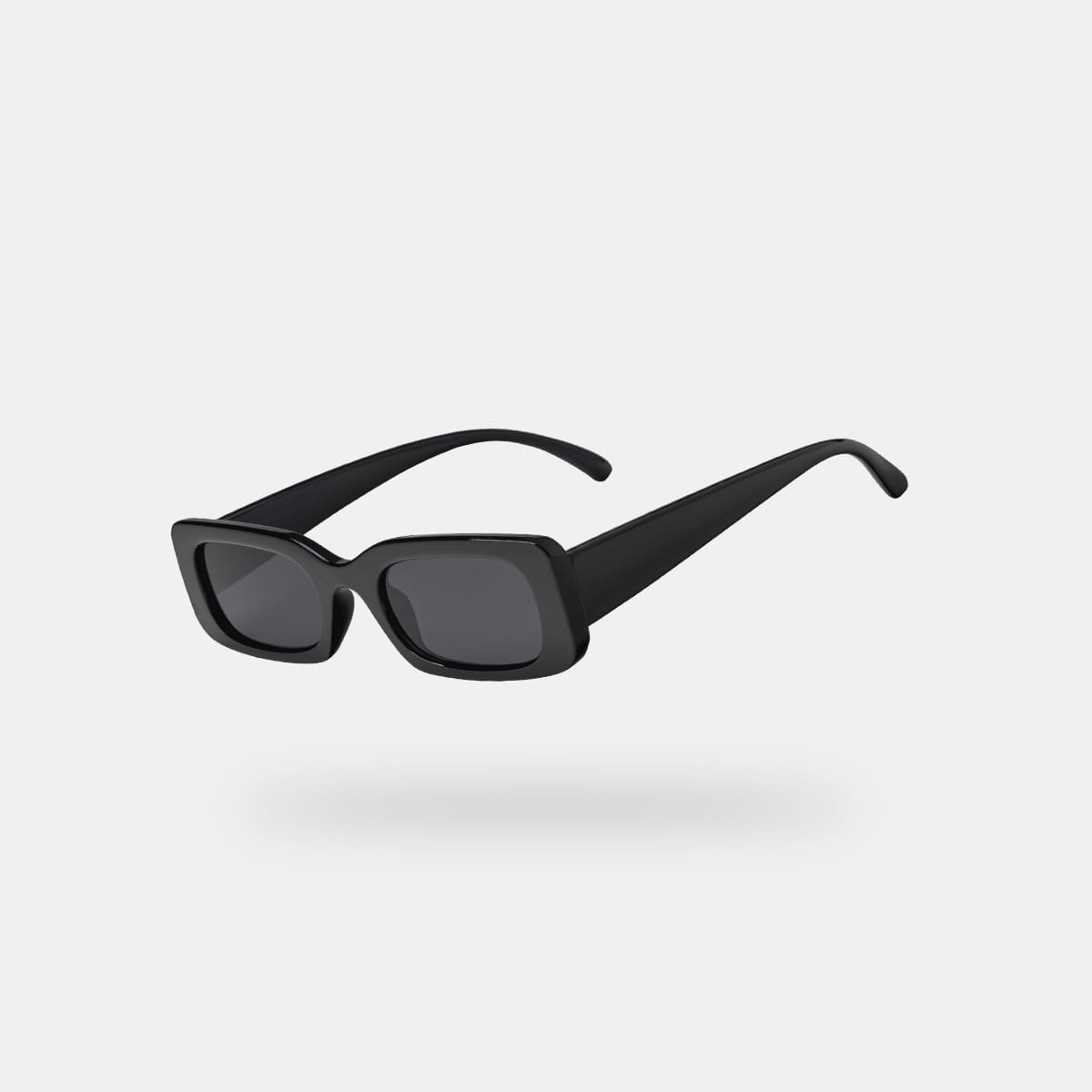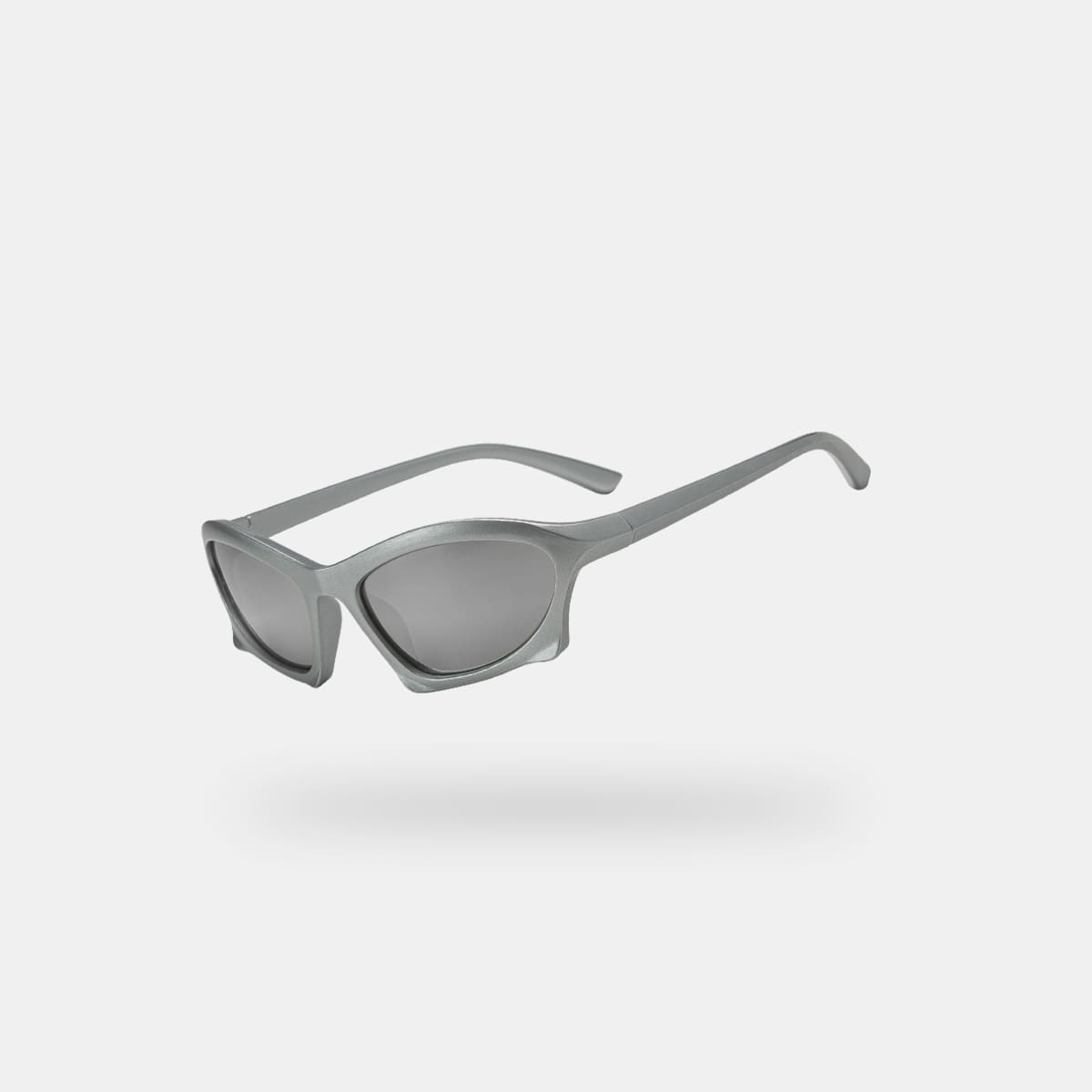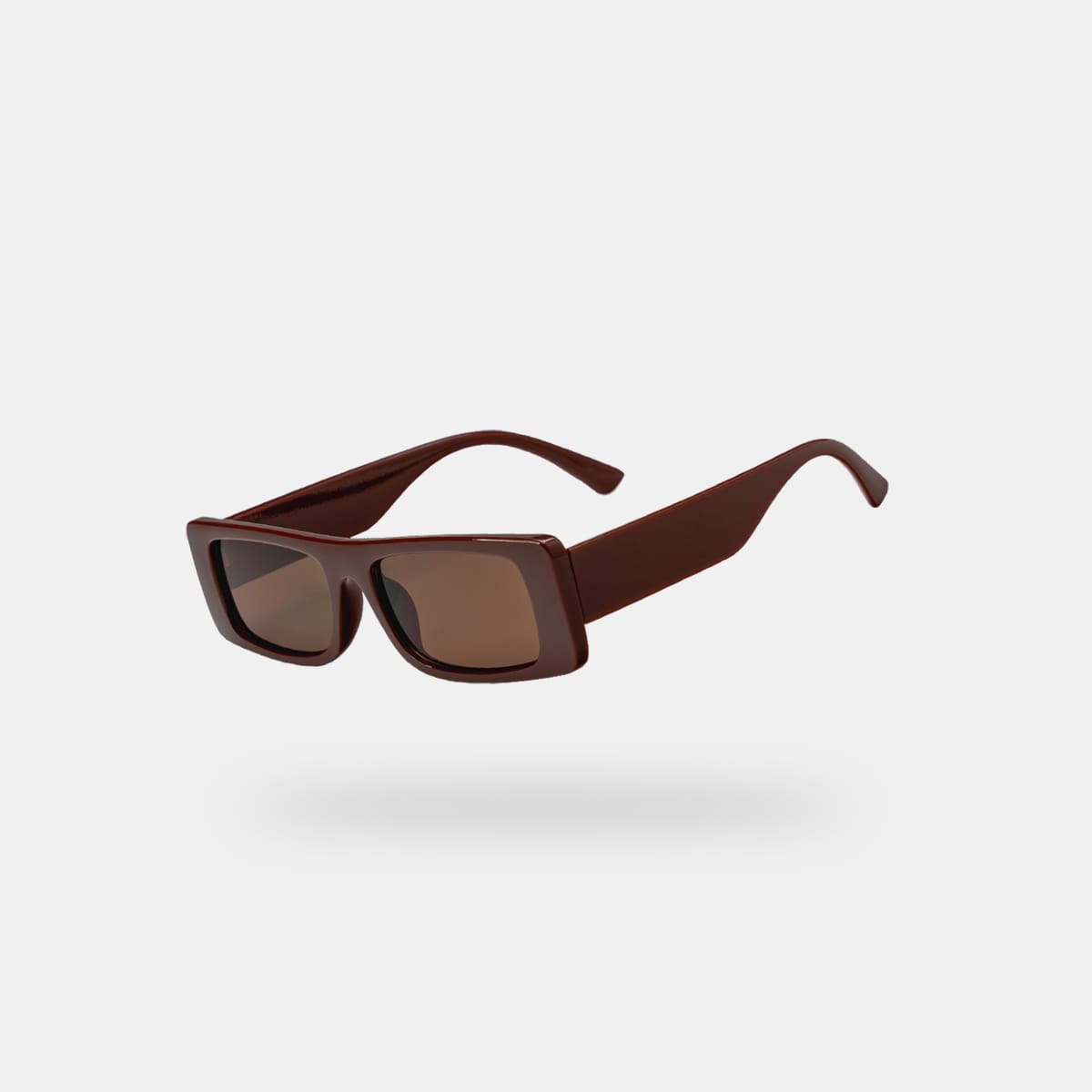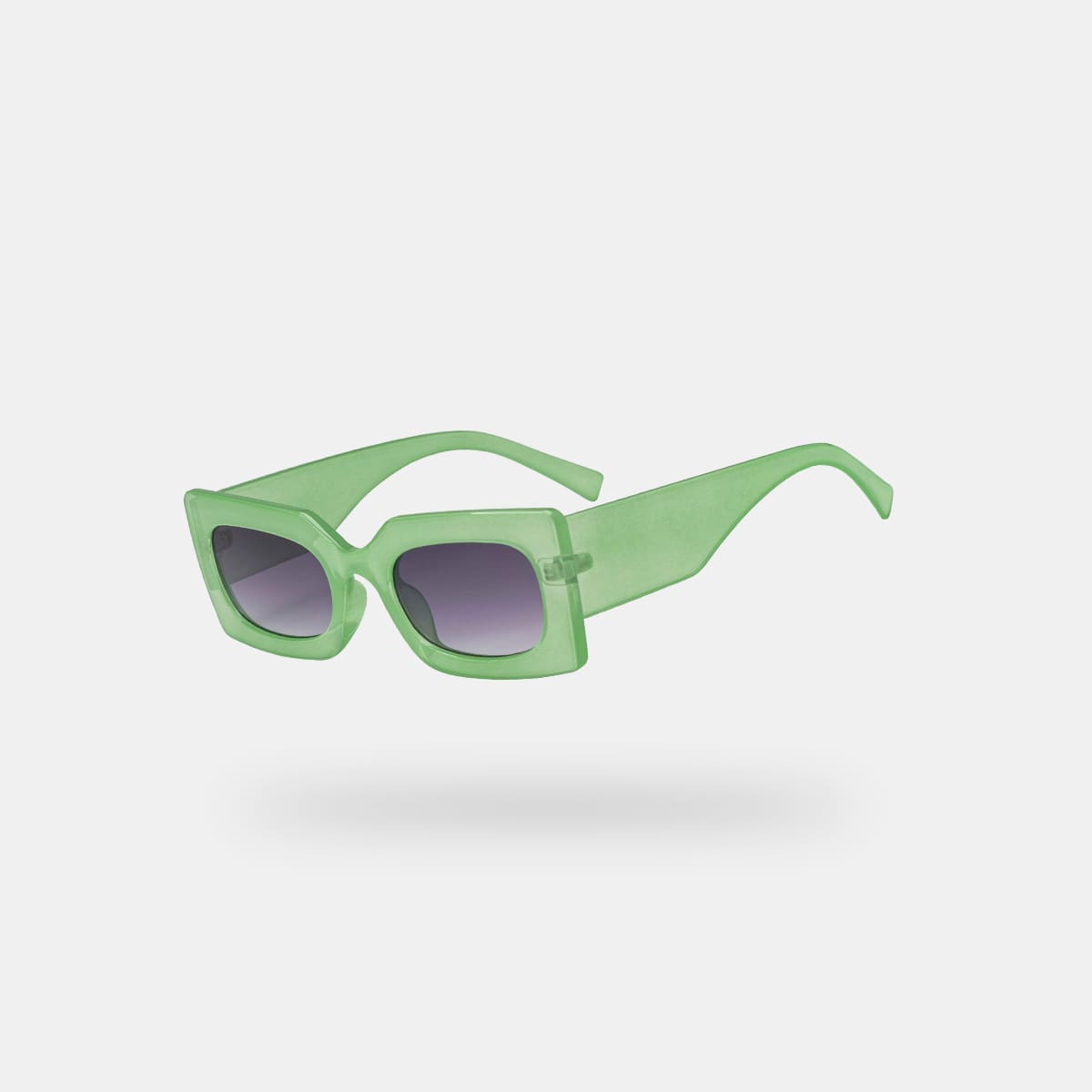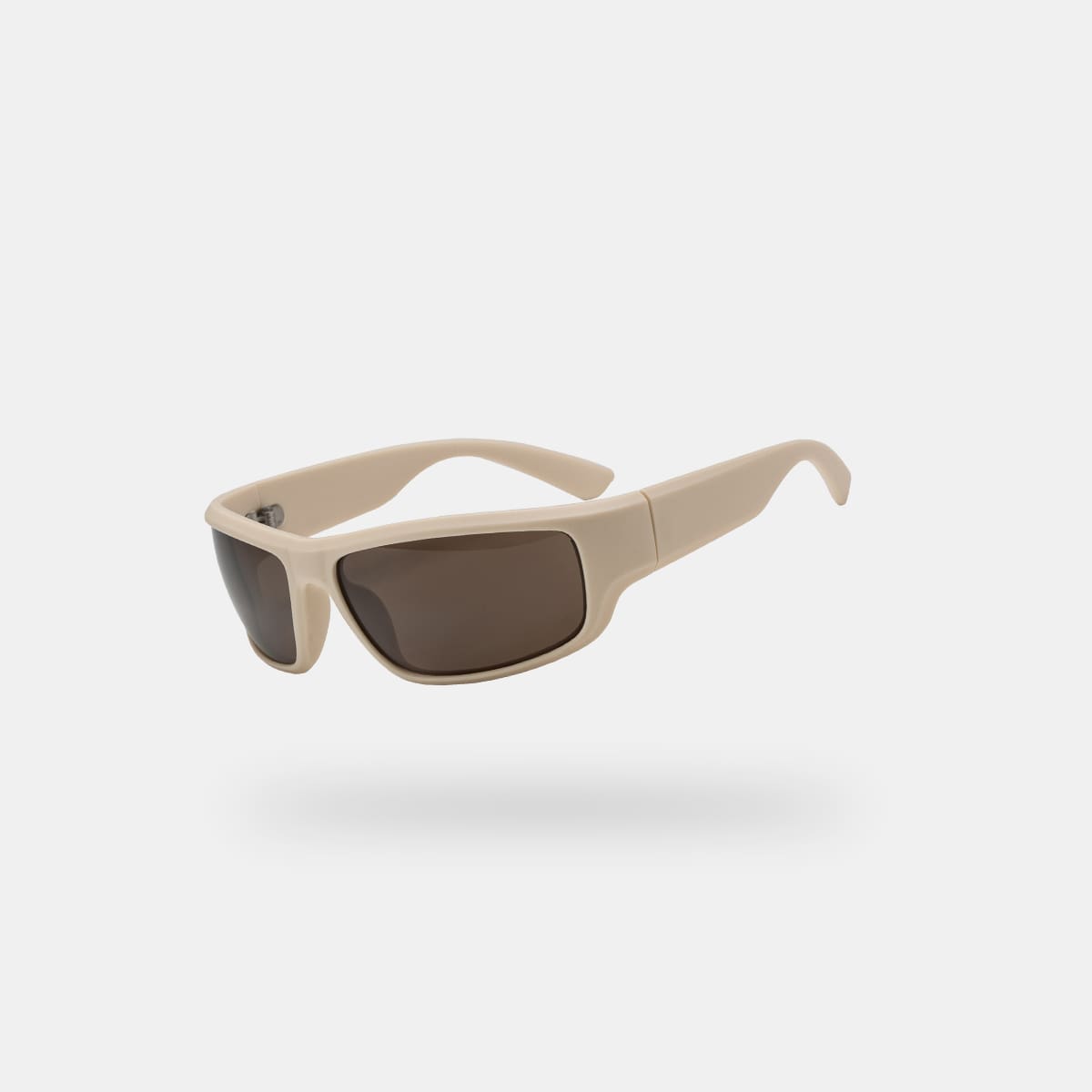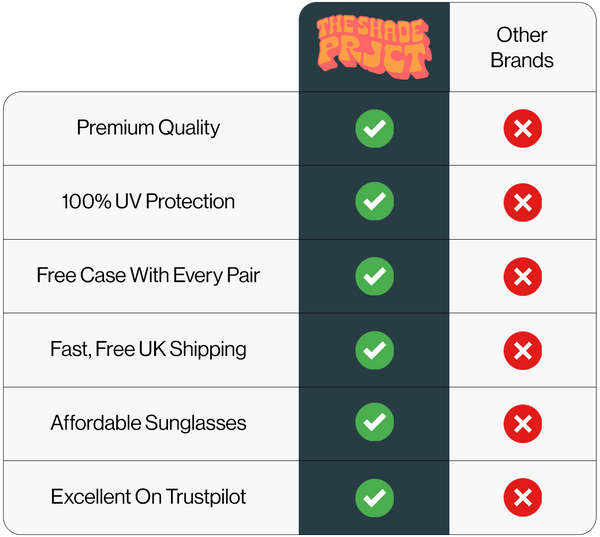Introduction
In this blog post, we will explore whether sunglasses can help prevent cataracts. We'll discuss the importance of eye health, the rising concern of cataracts, and the relationship between sunglasses and this common eye condition. Let's find out if wearing sunglasses can offer protection for your eyes and reduce the risk of cataracts.
What Is Cataracts?
Cataracts, in simple terms, are the clouding of the eye's natural lens, which affects vision clarity. This clouding occurs gradually and can lead to blurred vision, making it difficult to see and carry out daily activities.
Several risk factors contribute to the development of cataracts. These include advanced age, prolonged exposure to UV radiation from the sun, smoking, certain medical conditions like diabetes, and a family history of cataracts. It's essential to be aware of these risk factors to take proactive measures in protecting our eyes.
Prevention and early detection are key in managing cataracts effectively. Regular eye check-ups with an optometrist can help identify cataracts at an early stage, allowing for timely intervention and appropriate recommendations for eye care. Moreover, adopting protective measures, such as wearing sunglasses outdoors, can play a crucial role in reducing the risk of cataracts caused by UV exposure. Let's delve deeper into how sunglasses can help safeguard our eyes from harmful UV rays in the following sections.
(An Eye With Developed Cataracts)
How Do Cataracts Develop?
Cataract formation follows a gradual process that affects the eye's lens, leading to vision impairment over time.
The lens of the eye is normally transparent, allowing light to pass through and focus on the retina, which sends visual signals to the brain. However, as we age or due to certain risk factors, proteins in the lens can begin to clump together, clouding small areas of the lens. This initial clouding might not noticeably affect vision.
Over time, the cataract may grow larger and more opaque, scattering and blocking more light. This progression leads to a gradual deterioration of vision, causing blurriness, reduced colour perception, and increased sensitivity to glare.
Ultraviolet (UV) radiation from the sun is one of the significant contributors to cataract development. Prolonged exposure to UV rays accelerates the formation of cataracts, especially in individuals with a history of inadequate eye protection from the sun's harmful rays.
In addition to UV radiation, other environmental factors can also play a role in cataract development. These include exposure to ionising radiation (e.g., X-rays), certain medications (such as corticosteroids), and lifestyle choices like smoking and excessive alcohol consumption. Moreover, conditions like diabetes and high blood pressure can increase the risk of cataracts.
The Role of UV Radiation
UV radiation, or ultraviolet radiation, is a type of electromagnetic radiation emitted by the sun. It is invisible to the human eye but can have both beneficial and harmful effects on our health.
When it comes to the eyes, UV radiation can cause various issues. Prolonged exposure to UV rays can damage the cells in the eyes' delicate tissues, including the cornea, lens, and retina. Over time, this damage can lead to vision problems and eye diseases.
There are two main types of UV rays that impact eye health: UVA and UVB. UVA rays can penetrate deep into the eye and are associated with long-term eye damage. UVB rays are partially absorbed by the cornea and are more likely to cause immediate harm, such as sunburned eyes (photokeratitis) or snow blindness.
The cumulative effect of both UVA and UVB rays can accelerate the formation of cataracts. As UV radiation reaches the lens of the eye, it promotes the clumping of proteins, contributing to the clouding and opacity characteristic of cataracts. This emphasises the importance of protecting our eyes from harmful UV rays to reduce the risk of cataract development.
Wearing high-quality sunglasses with 100% UV protection is a simple yet effective way to shield our eyes from the harmful effects of UV radiation. By adopting this preventive measure, we can safeguard our eye health and minimise the risk of cataracts caused by prolonged exposure to the sun's rays.
Benefits of Sunglasses
Quality sunglasses offer a range of protective features designed to shield our eyes from the sun's UV rays. One of the most crucial features is 100% UV protection. This means that the lenses of the sunglasses block both UVA and UVB rays, providing comprehensive defence against harmful radiation.
By wearing sunglasses with 100% UV protection, we can significantly reduce the risk of eye damage caused by UV rays. These damaging rays can lead to long-term issues such as cataracts, macular degeneration, and other eye diseases.
Choosing the right sunglasses with appropriate UV filters is paramount for ensuring maximum eye protection. When shopping for sunglasses, look for labels or product descriptions that clearly indicate their UV protection level. Opt for sunglasses that block 100% of UVA and UVB rays.
Additionally, consider the shape and coverage of the sunglasses. Larger and wrap-around styles can provide better coverage, reducing the amount of UV radiation reaching the eyes from the sides. Polarised lenses can also be beneficial, as they reduce glare and improve visual clarity, enhancing overall eye comfort.
Other Ways to Prevent Cataracts
While wearing sunglasses with UV protection is a crucial step in preventing cataracts, there are other measures that can further protect our eyes from UV radiation and promote overall eye health.
-
Wearing Wide-Brimmed Hats: Alongside sunglasses, wearing wide-brimmed hats can provide additional shade and protection from direct sunlight. This helps reduce the amount of UV radiation reaching the eyes and surrounding skin, minimising the risk of eye damage and sunburn.
-
Regular Eye Check-Ups: Scheduling regular eye check-ups with an optometrist is essential for monitoring eye health and catching any potential issues early. Early detection of cataracts or other eye conditions allows for timely intervention and appropriate management to preserve vision.
-
Adopting a Balanced Diet: A nutritious diet rich in eye-healthy nutrients can contribute to maintaining optimal eye health. Include foods that are high in antioxidants, such as fruits and vegetables, to combat free radicals and protect the eyes from oxidative stress.
-
Incorporating Eye-Healthy Nutrients: Certain nutrients have been linked to supporting eye health. Lutein and zeaxanthin, found in leafy greens and colourful fruits, may help reduce the risk of cataracts and age-related macular degeneration. Omega-3 fatty acids, present in fish and flaxseed, have also been associated with improved eye function.
By combining these additional protective measures with the use of high-quality sunglasses, we can significantly reduce the impact of UV radiation on our eyes and enhance our overall eye health.
The Limitations of Sunglasses
While sunglasses offer valuable UV protection, it is essential to acknowledge their limitations in completely preventing cataracts. Although wearing sunglasses with proper UV filters can significantly reduce the risk of cataract formation by shielding our eyes from harmful radiation, they cannot guarantee absolute prevention.
Cataract development is influenced by various factors, including genetic predisposition and the natural ageing process. These elements play a significant role in the onset of cataracts, irrespective of whether UV radiation exposure is minimised. It underscores the importance of understanding that while we can take steps to protect our eyes, some aspects of cataract development may be beyond our control.
Therefore, to ensure the best possible eye health, it's crucial to adopt a holistic approach. Alongside wearing sunglasses with UV protection, consider other protective measures, such as wearing wide-brimmed hats and limiting direct sunlight exposure during peak hours. Regular eye check-ups are vital for early detection of eye-related issues and prompt intervention, should any concerns arise.
Additionally, embracing a balanced diet rich in eye-healthy nutrients and maintaining overall health contributes to better eye function and reduces the risk of age-related eye conditions.
Conclusion
In conclusion, sunglasses play a vital role in protecting our eyes from UV radiation, reducing the risk of cataracts. However, it's important to remember that they can't guarantee complete prevention, as genetic factors and ageing also influence cataract development. To maintain overall eye health, adopt a holistic approach by investing in quality sunglasses, scheduling regular check-ups, and following a balanced diet. Prioritising preventive measures ensure a brighter future for our eyesight.

